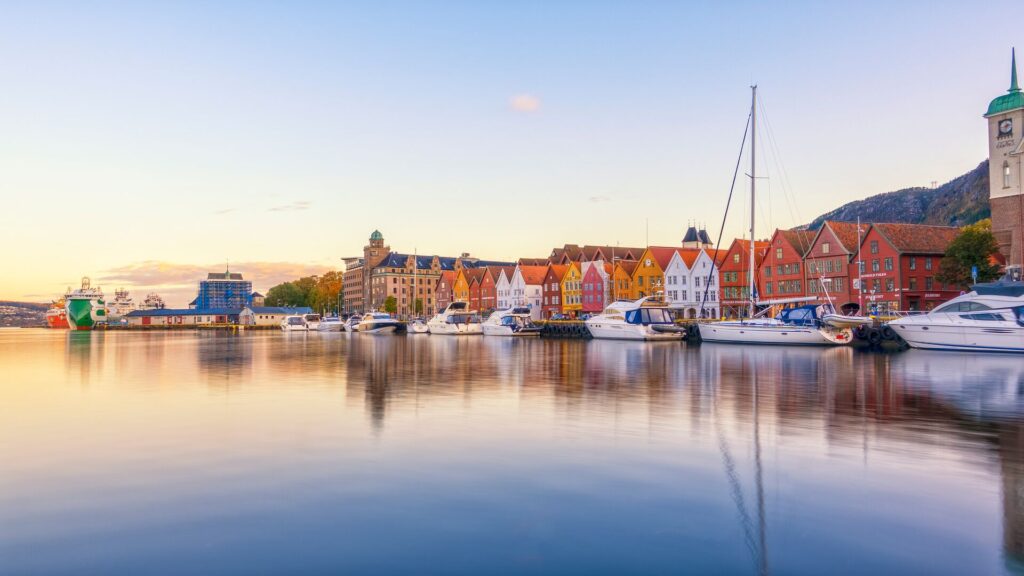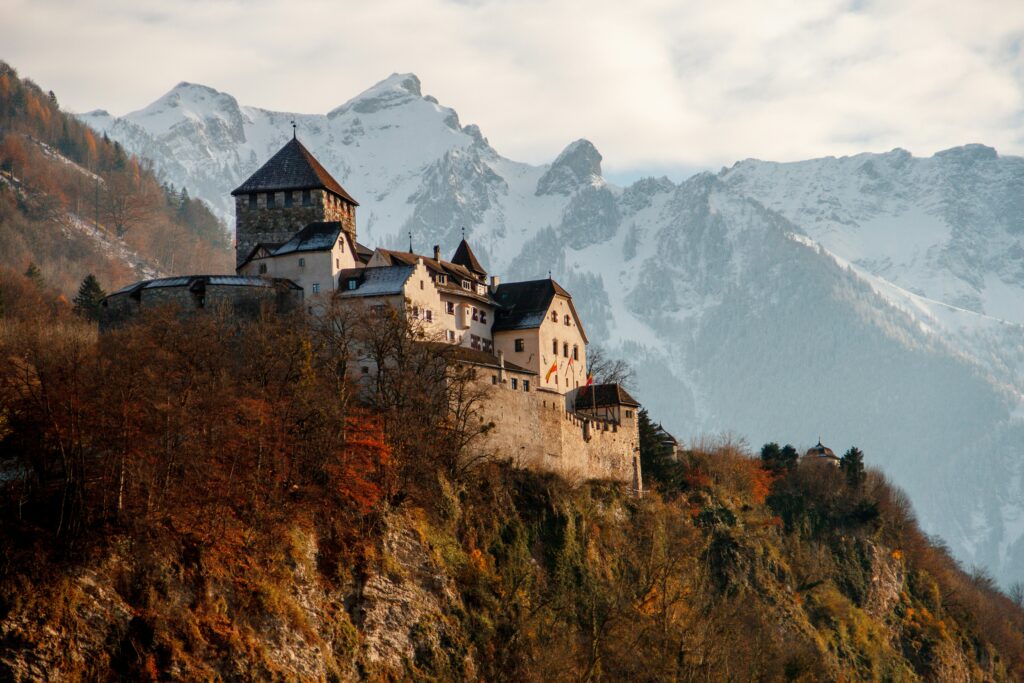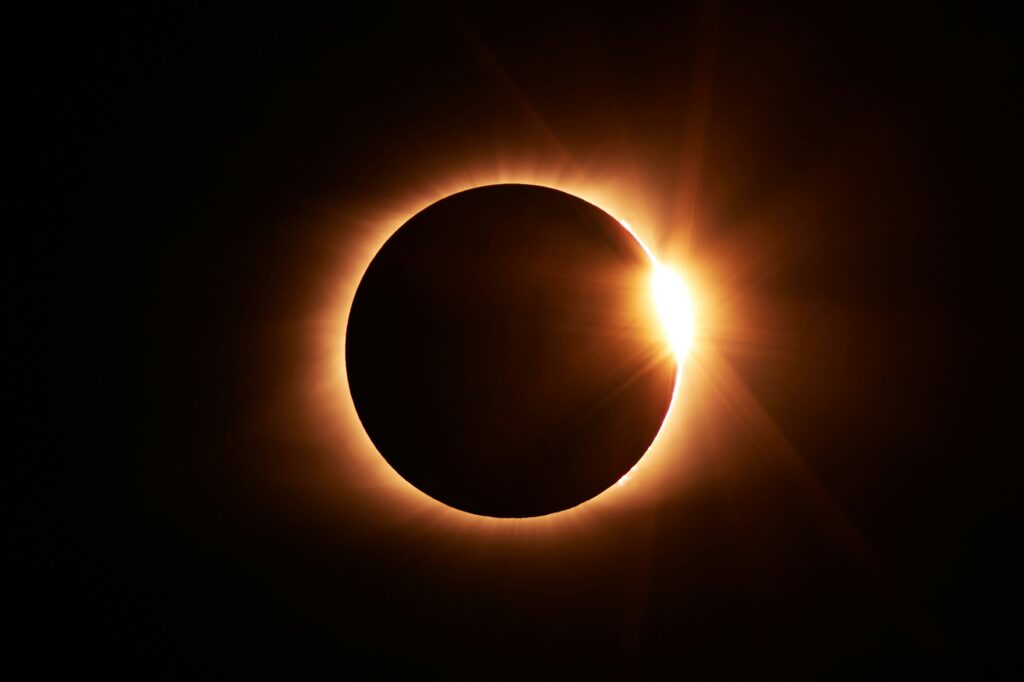Sights Unseen: Why 2025 is the Year of the Detour
In 2023, it was the year of cultural capitals. After being restricted from international travel for so long, we were craving a dose of different – a shot in the arm of renaissance art, an effervescent tonic of the kind only culture-rich cities can serve. Then, in 2024 it was all about surrender seeking. After a year of DIY vacation disasters, when global infrastructure, still sluggish in the wake of the pandemic, struggled to cope with the volume of passengers, what really wanted was someone else to take the reins. In the last couple of months several leading trends have emerged from 2025 travel booking data – front among them being detour destinations. But what is it, exactly?
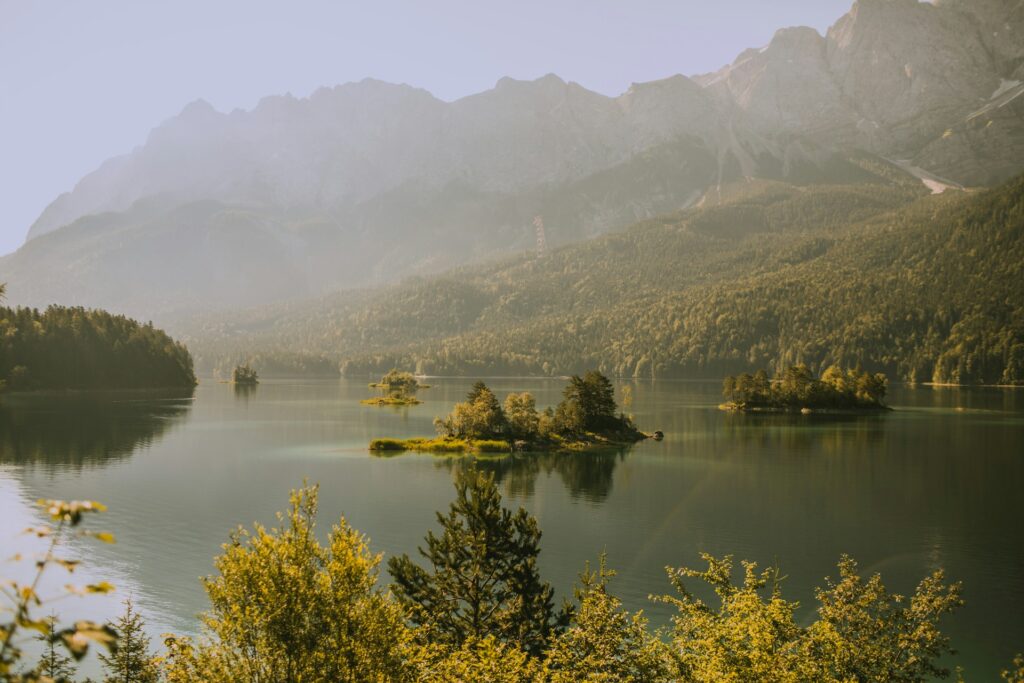
What is a ‘detour destination’?
The idea comes from the increasing desire of travelers to step off the beaten path, and explore deeper into their vacation destinations. According to data gathered by Expedia, up to 63% of prospective travelers say they want to visit a lesser-known, less crowded destination on their next trip. So, while visiting a more well-trodden spot – let’s use Florence in Italy as an example – it’s taking the opportunity to escape the crowds, follow your nose (or an expertly planned itinerary) and discover somewhere nearby with equal cultural value, but without the crowds – or laminated restaurant menus.
So, where are our top detour destination recommendations for 2025? Let’s take a look.
Our top detour destinations for 2025
Poland
According to our own booking data from 2024, Poland is set to be one of the rising star destinations of 2025. In the last 12 months, global interest in this underrated gem of Central Europe has grown by 68%. As a detour destination Poland has double-layered appeal.
Firstly, for international visitors to Central Europe, it offers a low-key alternative to some of the typically popular spots – particularly when it comes to Christmas markets. In this area, Germany and Austria take the lion’s share of visitors – but what many of these travelers might not know is that one of the prettiest, most underrated Christmas markets is in Krakòw.
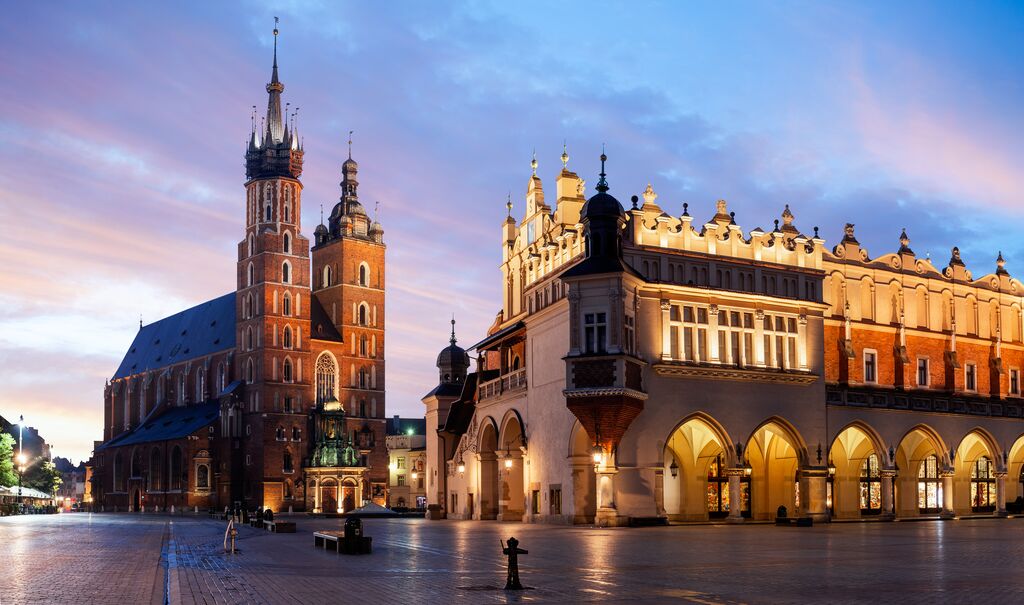
Spread across the cobbles of one of Europe’s largest medieval city squares, Rynek Główny, you’ll find stalls selling mulled beer, melt-off-the-bone pork knuckle and affordable sheepskin coats. And that’s just for starters.
But beyond the cupolas and cobbled squares of Kraków – and indeed the red tiled roofs of Wroclaw or the spires and skyscrapers of Warsaw – Poland is a country of incredible natural and architectural beauty that few visitors give themselves the opportunity to appreciate. Which is the second part of its appeal as a detour destination. For those travelers lucky enough to have walked the well-trodden path through Central Europe, Poland’s cities may already be familiar. But whether it’s your fifth time or your first, Poland’s ‘detours’ are more than worth the effort of straying from the beaten route. Take the tiny mountain town of Zakopane, in southern Poland, less than 2 hours from krawków. It’s at the base of the Tatra Mountains, part of the Carpathian Chain, and Poland’s more affordable, less crowded answer to the Dolomites.
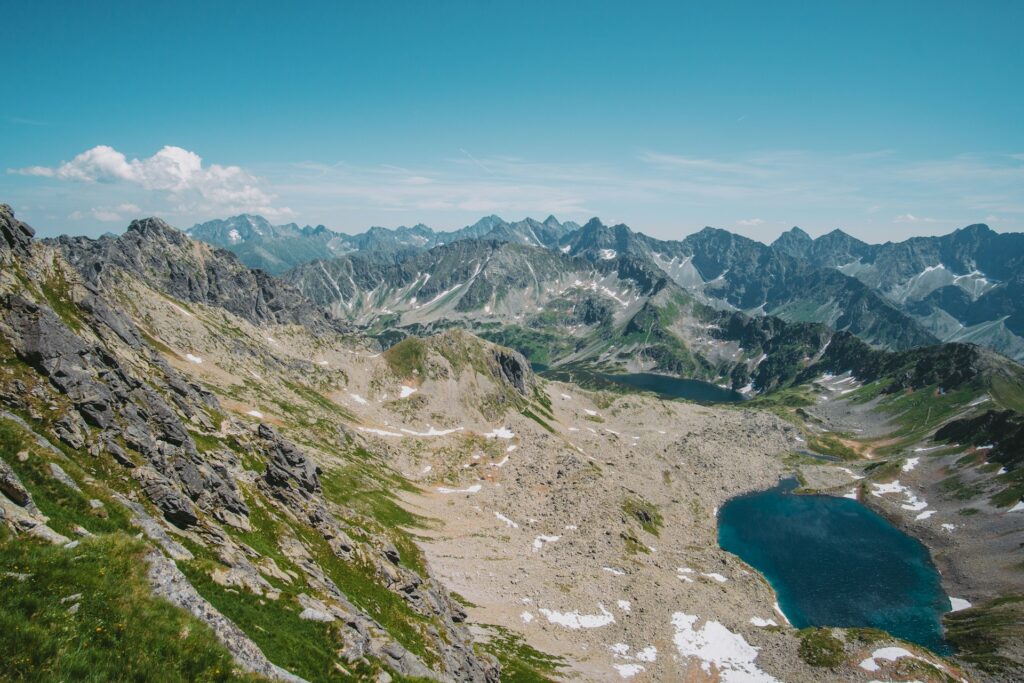
Here you’ll find ice-blue lakes surrounded by sheer granite peaks, wooded slopes through which ski pistes snake, and chocolate-box prettiness that’s worth writing home about. Summer or winter, this slice of alpine paradise will feel like somewhere you discovered for yourself – a feeling that’s not easy to come by these days, and which underpins the essence of the detour destinations trend.
Want to learn more about Poland? Play this week’s Insightful Travel Trivia quiz and answer 5 tantalizing questions on ‘The Land of Fields’.
Czech Republic
In the geographic center of Europe, the Czech Republic (or Czechia as it has referred to itself since 2016), is justly famous for its atmospheric capital Prague. A must-stop on any tour of central Europe, it may be a stretch to label the country itself as a detour destination.
However, there’s no arguing with the fact that – beyond the hubbub of Prague – there are less-trodden, but equally deserving jewels to discover. Jewels such as Český Krumlov, a small city in the south of the country, near the border with Austria.
Flanked by green hillsides, the city is a dense knot of red-roofed buildings that jostle for space between the exaggerated ‘S’ shaped bends of the Vitava River. There’s an acute wedge of a church with a cartoonishly pointy steeple, and – this being the Czech Republic – there’s a medieval castle of Disney-esque proportions.
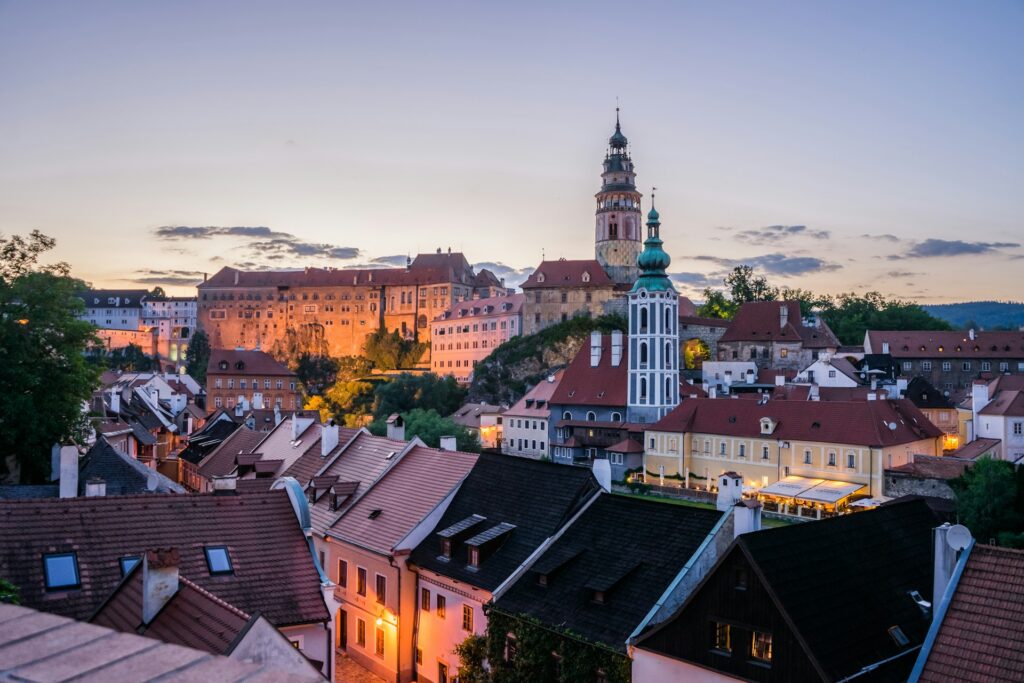
SAVE UP TO $2,000 PER COUPLE* ON YOUR FIRST PREMIUM TOUR.
Plus receive latest offers, travel inspiration, and discover how your travels will make a positive impact. Together, WE MAKE TRAVEL MATTER®. Subscribe NowNational Parks of the United States
While it’s the cities, beaches and theme parks that draw most visitors to the United States, wherever you end up, you’re likely never too far from one of the country’s 63 national parks. And while some of these are more well-known than others (Great Smoky Mountains National Park had over 13 million visitors in 2023, while Gates of the Arctic National Park and Preserve only saw 11k), there isn’t one that isn’t worth a detour – if you can make it work.
To make it a little easier to work out which US national park is your best option for a back-to-nature detour, we got the measuring tape out. The list below pairs 5 of the USA’s most-visited cities with their national park counterparts, so you can include a detour into your travel plans.
Washington, DC
Shenandoah National Park
Distance: 70 miles
Travel time: 1 hour 20 minutes by car
Home to the Blue Ridge Mountains, the Skyline Drive and a wide range of animal species including black bear – not to mention over 500 miles of hiking trails – Shenandoah is the true outdoor lover’s National Park.
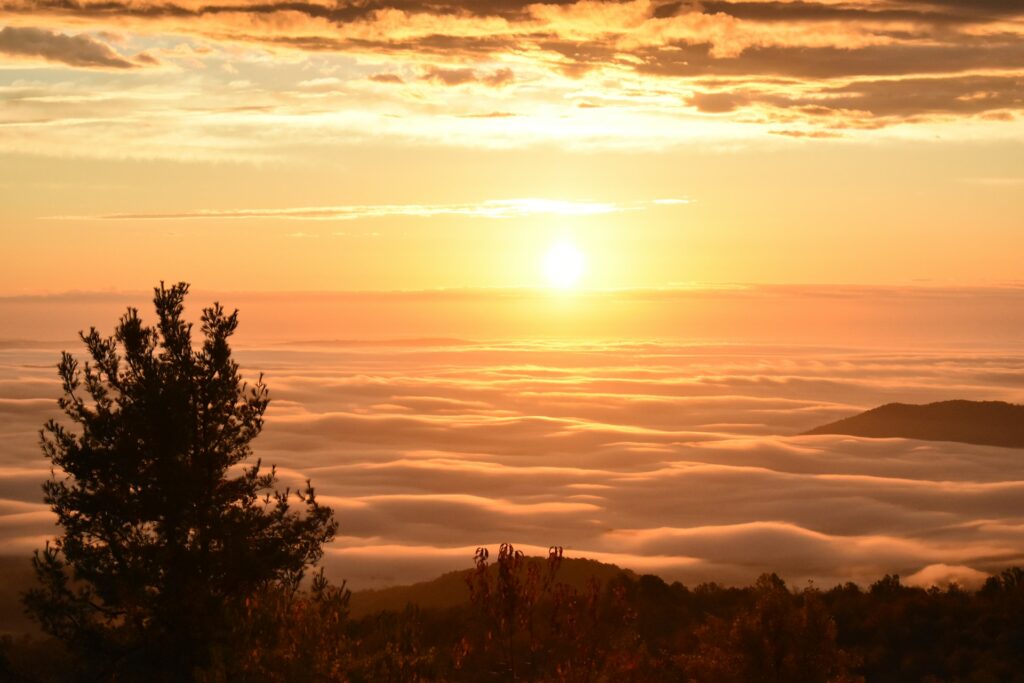
Atlanta, Georgia
Great Smoky Mountains National Park
Distance: 165 miles
Travel time: 3 hours by car
Great Smoky Mountains National Park is the USA’s most-visited national park for a reason. Its wooded valleys, rivers, waterfalls and lakes make for the ultimate get-away-from-it-all break. Whether you’re swimming, fishing or just kicking back on a porch swing, you’ll find relaxation easy.
San Francisco, California
Yosemite National Park
Distance: 130 miles
Travel time: 2 hours, 20 minutes by car
Yosemite National Park is one of the USA’s most iconic National Parks, with its meadow-carpeted valley flanked by sheer-sided granite cliffs. For keen landscape photographers, there’s nowhere better to hone your craft.
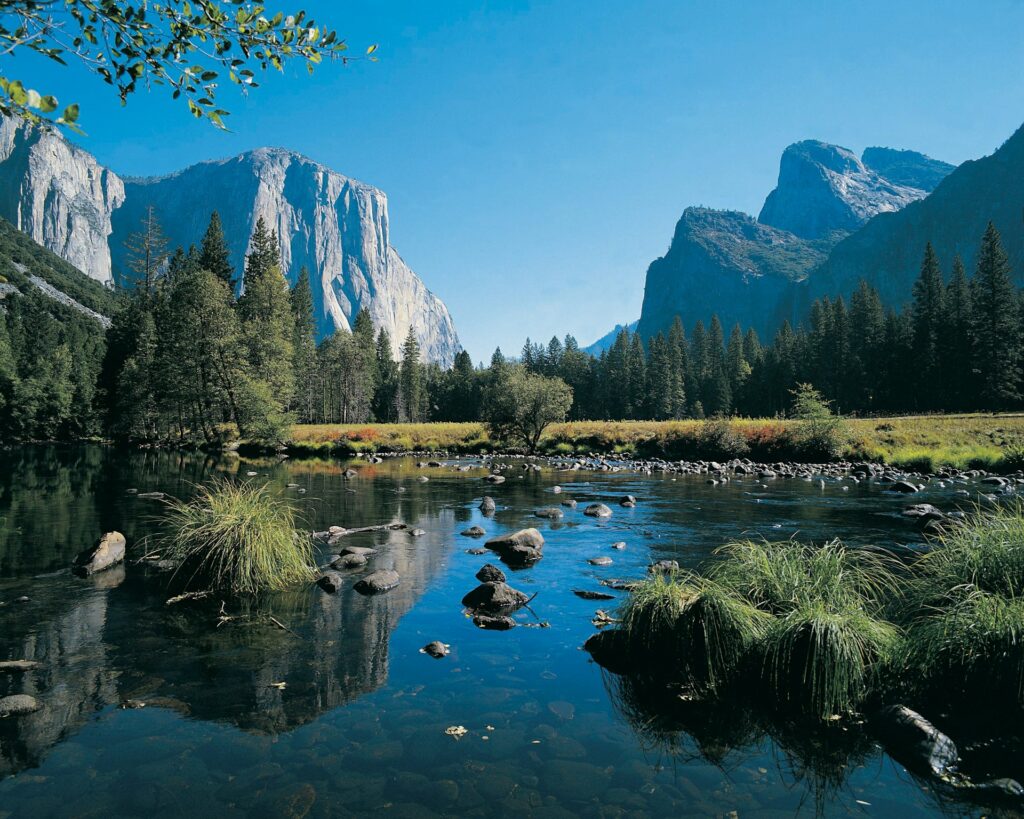
Phoenix, Arizona
Grand Canyon National Park
Distance: 230 miles
Travel time: 3 hours, 30 minutes by car
Grand Canyon National Park hardly needs an introduction. A 6,000 foot-deep, 277 mile-long scar carved by ancient geologic processes into the Colorado Plateau, it needs to be seen to be truly appreciated.
Los Angeles, California
Joshua Tree National Park
Distance: 130 miles
Travel time: 2 hours, 20 minutes by car
When you think of the California desert landscape, you think of Joshua Tree National Park. Its signature joshua trees can be found throughout the wider Mojave desert region, but here they’re interspersed among sculptural, lunar rock formations that evoke weirdness and wonder.
Miami, Florida
Everglades National Park
Distance: 40 miles
Travel time: 1 hour, 15 minutes
At the southern tip of mainland Florida, the Everglades National Park is a seemingly never-ending swathe of lakes, swamps and mangroves that’s teeming with life. It’s hot, humid and wild as can be – a truly unforgettable detour to any Miami vacation.
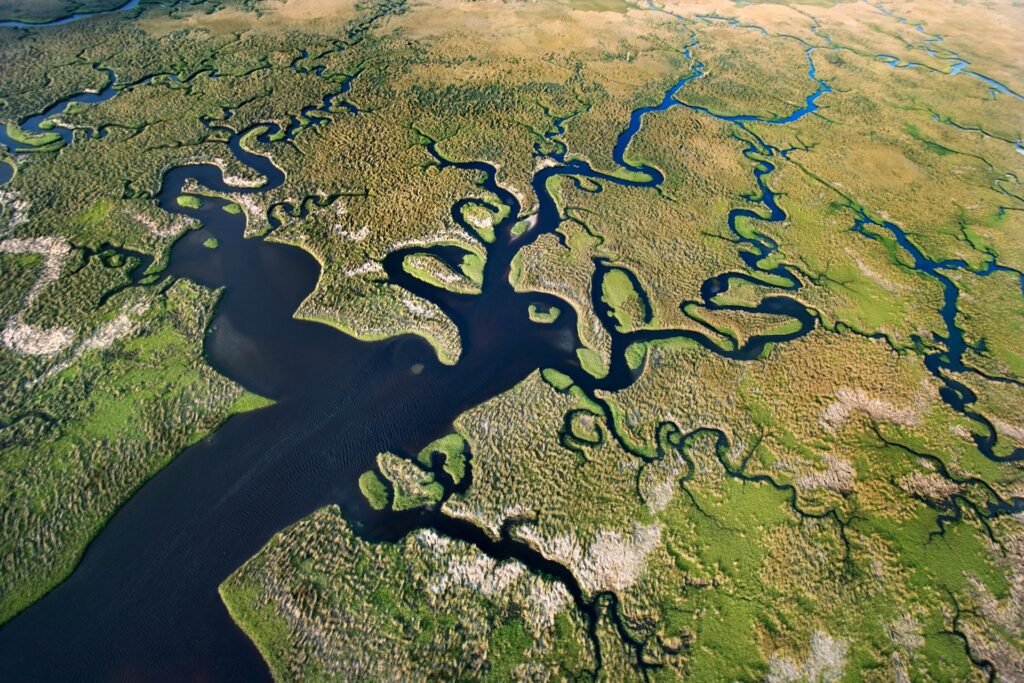
What are your travel plans for 2025? Tell us about it in the comments section below. Interesting in taking a detour somewhere peaceful? Discover our portfolio of off-the-beaten-path Premium Tours.
LIKED THIS POST? SHARE WITH YOUR COMMUNITY
